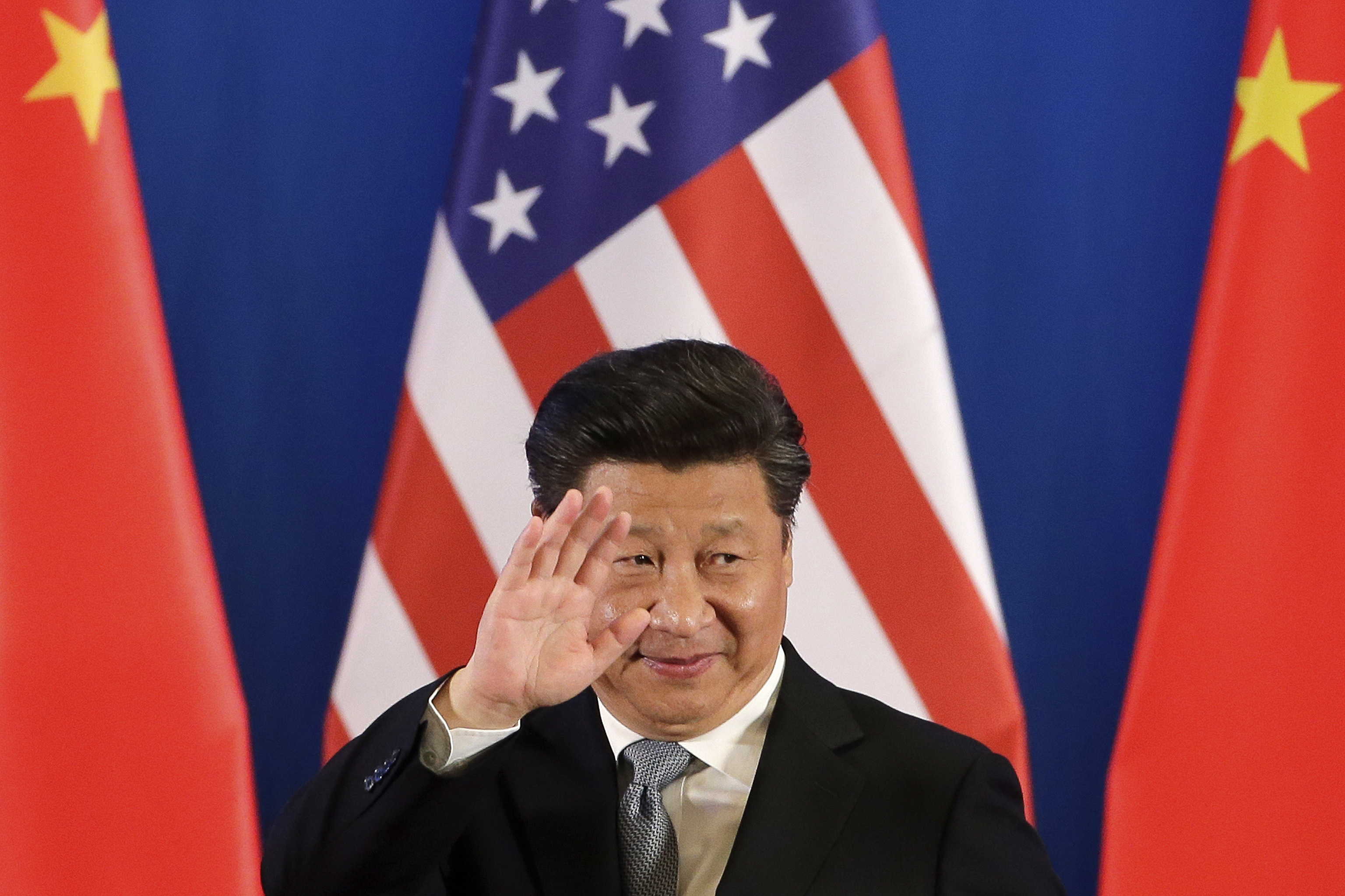The Chinese government's media tentacles occasionally remind of the eight points of the code of conduct for officials outlined by President Xi Jinping over a decade ago when he came to power. The decalogue was part of the foundation supporting the anti-corruption crusade that has taken down hundreds of thousands of officials at all levels. It has also underpinned the austerity campaign sponsored by Xi himself, which often resurfaces amid all economic turbulence, starting with the high indebtedness of local administrations that China carries after the extreme lockdowns of the pandemic.
The People's Daily, the official newspaper of the Communist Party (CPC), published a lengthy article in March (How Xi's crackdown on excesses is transforming China was the title) emphasizing the utmost importance of officials adhering to the eight rules, ranging from avoiding "sumptuous banquets" and "red-carpet events" to giving up luxuries that in the past were not frowned upon because they were considered symbols of power.
Over the past weekend, the state news agency Xinhua reported a notice from the CPC for its officials to tighten their belts and cut expenses on unnecessary trips, office space, and official receptions. But what surprised the most was that the recent note also mentioned that workers should control spending on alcohol and cigarettes, vices that flow freely at some meetings, especially those involving officials from regions far from the political (Beijing) and economic (Shanghai) centers. "The austerity program demands strict diligence and savings, opposing extravagance and waste," the note stated.
"Exemplary conduct is a matter that affects the survival or disappearance of the party. It is crucial to gain the support of the people," Xi stated a few months ago during an inspection at party offices in the southern part of the country, where he called on the around 100 million CPC members to rigorously comply with the code of conduct. In China, among all those citizens holding the CPC card, around eight million are career officials. There are also over 30 million employees of public institutions.
Chinese media, when mentioning the austerity campaign, often cite the supreme leader himself and his personal policy against government spending extravagance. "When the eight-point rule was established, some questioned whether the campaign was just a passing fad or a political show. But Xi knew that compliance was crucial and wanted to set an example by rejecting staying in the presidential suite of hotels during his trips, opting instead for a standard room," an article in The People's Daily points out. "On a trip to Guangdong province, Xi traveled in a modest convoy integrated into regular traffic, alongside taxis and buses, respecting traffic lights."
A recent report from the Central Commission for Discipline Inspection (CCDI), the party's main anti-corruption body, indicated that in January alone, 16,430 cases of conduct rule violations were investigated. Last year, 889,000 CPC members were "disciplined," while 91,000 officials reportedly "confessed their crimes."
Recently, the CCDI published a much broader list with up to 80 rules of good behavior: "Work meals should serve typical home-style dishes; high-end dishes like shark fins or elaborately prepared dishes with protected wild animals should not be served. Expensive cigarettes and liquors should also be avoided. Meals in private clubs or luxury restaurants are not allowed."
This year, the anti-corruption body has deployed fifteen teams of inspectors across different regions of the country to monitor officials' behavior. "Behavioral problems are recurrent and deeply rooted, so they cannot be resolved overnight," President Xi pointed out.
Leading this campaign to enforce the code of good conduct is one of Chinese leader's trusted men, Li Xi, a veteran leader who heads the CCDI and became popular among the political elite when he popularized the concept of "red tourism", referring to group trips to revolutionary sites marked in the history of the Communist Party.
Li was a pioneer in promoting these tours to the city of Yan'an, Mao Zedong's revolutionary cradle. There, during the civil war, the communist leader took refuge with 8,000 soldiers from his Red Army and planned the subsequent founding of the People's Republic of China in 1949. Now, the anti-corruption agency has also warned that, under the austerity campaign, officials must cut back on red tourism.
